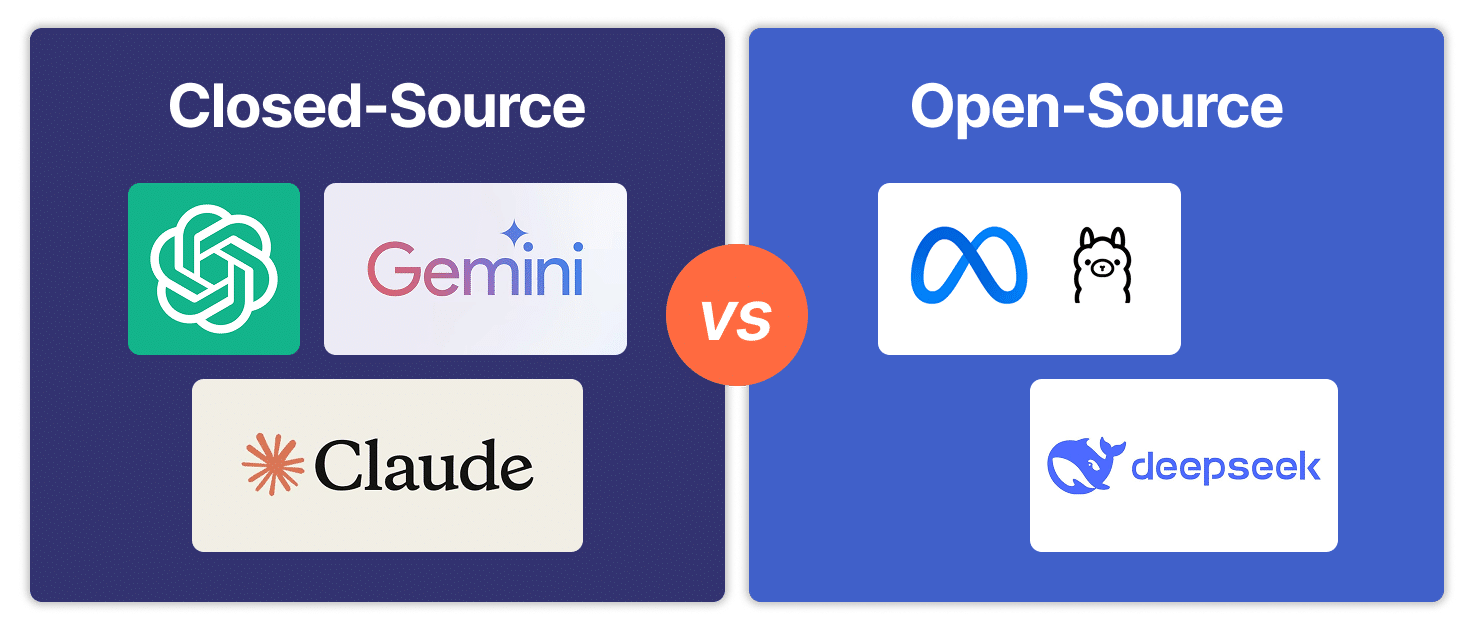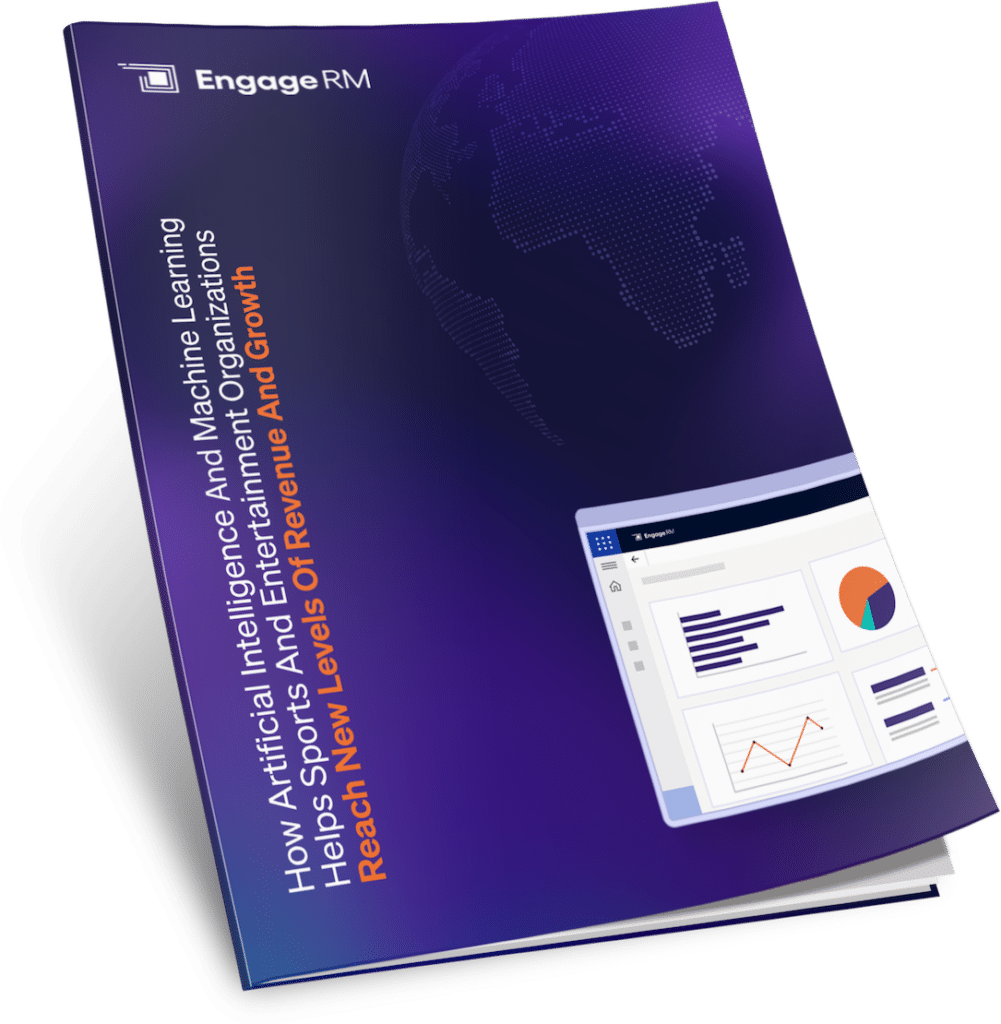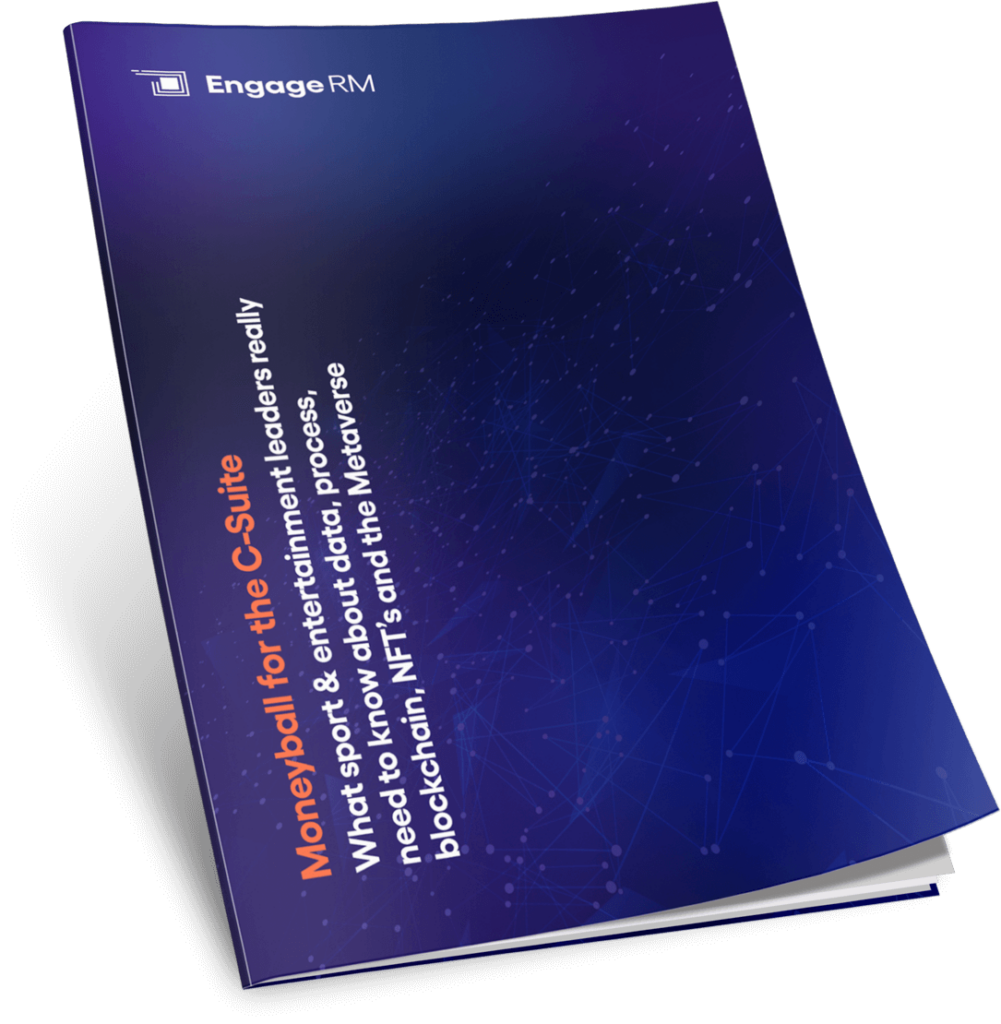Microsoft’s AI Strategy – Copilot, AI Infrastructure, and the Fast-Follower Challenge | Part 1
04 March 2025
In late February 2025 at the American Australian Association in New York City, Brad Smith, President of Microsoft, shed light on Microsoft’s vision for AI in an interview with Australia’s ambassador to the United States, former Prime Minister Kevin Rudd.
I had the opportunity to be in the room for this discussion, gaining direct insight into Microsoft’s AI strategy and the broader implications for technology, business, and of course, the world of sport and entertainment.
It wasn’t just about the big picture of AI – what stood out to me was how these developments will impact real-world industries, including sports and entertainment. Speaking with others in the room, it became clear that AI’s role in shaping fan engagement, partnerships, premium service, sponsorships, and sports operations is only going to accelerate. Microsoft’s strategy, as outlined by Smith, provides a roadmap for how organizations – sports & entertainment included – should be thinking about AI today.
I found this conversation fascinating and thought others would also. As a result, I’ve created a Four-Part Series, partly assisted by AI, outlining what I consider to be the key points from this exchange and how it might affect business and sport. This article is Part 1.
—
Microsoft’s Dual Approach: Training vs. Deployment
At the heart of Microsoft’s AI strategy is a focus on two critical areas:
- Training AI models – The resource-heavy, computationally intense process of developing powerful AI systems.
- Inferencing (Deployment) – Using those trained models in real-world applications to generate insights and responses.
Microsoft isn’t just building AI—it’s providing the infrastructure for AI leaders like OpenAI while also pushing its own AI initiatives forward. A key example is OpenAI’s ambitious Stargate project, a potential $500 billion investment in AI training. Smith was sceptical about whether such a massive spend is practical, but Microsoft remains committed to growing its AI capabilities in a sustainable way.
The Economics of AI: Copilot and the Business Model Question
Microsoft has made Copilot – a generative AI assistant – its flagship AI product, integrating it across Microsoft 365, Azure, and enterprise applications to enhance productivity. The big question? The business model.
“The applications layer will generate clear economic returns,” Smith said, pointing to Copilot as a revenue driver. But when it comes to foundational AI models—the actual brains behind Copilot – the financial picture is murkier. Meta’s decision to open-source its Llama AI model has disrupted the industry, making it harder for companies like OpenAI and Anthropic to justify sky-high prices for proprietary models.

Closed-Source vs. Open-Source: The AI Divide
Smith highlighted the two competing approaches shaping AI today:
- Closed-source AI – Massive, expensive, proprietary models (e.g., OpenAI’s GPT-4, Google’s Gemini, Anthropic’s Claude). These require significant computing power and funding.
- Open-source AI – Models like Meta’s Llama and DeepSeek, which provide advanced AI capabilities at a fraction of the cost, making AI more accessible.
DeepSeek: The Fast-Follower Disruptor
One of the most intriguing developments in AI comes from China’s DeepSeek, an AI model developed with fewer resources than Western counterparts but still catching up rapidly.
DeepSeek’s advantage? A hiring strategy built on fresh talent—200 engineers with just 1-4 years of experience. The goal was simple: recruit bright minds unburdened by industry norms. The result? A competitive AI model built at a fraction of the cost, proving that innovation isn’t just about money—it’s about agility and fresh thinking.
Smith sees this as a trend: anywhere a company can assemble 200 smart people, it can compete in AI. The fast-follower era is here, and it’s forcing Microsoft and others to rethink their strategies.
Microsoft’s AI Positioning: What’s Next?
Looking ahead, Smith believes this open vs. closed-source AI debate will define the next decade. Microsoft is positioning itself as a hybrid player, investing in its own AI models while supporting both open-source and proprietary approaches.
AI is evolving fast, and the battle between innovation and accessibility is only getting started.
Next Steps
This is Part 1 of the series. Stay tuned for:
- Part 2: How AI is accelerating scientific breakthroughs
- Part 3: The real impact of AI on jobs and the future of work
- Part 4: Lessons from China’s AI strategy
—
About Brad Smith
Brad Smith has been President of Microsoft since 2015, leading the company’s legal, regulatory, and AI policy strategies. A lawyer by training, he has played a key role in Microsoft’s cloud computing, cybersecurity, and AI governance initiatives. He has been instrumental in forming Microsoft’s strategic AI partnerships, particularly with OpenAI, and is a leading advocate for responsible AI regulation.
About EngageRM
EngageRM is a global leader in sports and entertainment technology, delivering AI-powered CRM solutions that help the world’s biggest leagues, teams, venues, and organizations drive commercial success, streamline operations, and build deeper fan connections.
Built on Microsoft Dynamics 365, EngageRM transforms the way sports and entertainment organizations operate—turning data into action, automating key processes, and unlocking new revenue opportunities through cutting-edge AI-driven insights.
A Trusted Partner in Global Sports & Entertainment
EngageRM is embedded in the global sports ecosystem, working with top leagues and teams across the U.S., Australia, and Europe, including the biggest names in Major League Baseball (MLB), the National Football League (NFL), the National Basketball Association (NBA), the National Hockey League (NHL), Premier League (PL), Australian Football League (AFL), and Major League Soccer (MLS).
By integrating AI and automation into sports & entertainment management, EngageRM helps organizations optimize sponsorships, enhance commercial strategies, and create unforgettable fan experiences—all while making day-to-day operations smarter and more efficient.
Microsoft Partnership: AI-Powered Innovation
EngageRM is Microsoft’s No. 1 Global ISV (Independent Software Vendor) Partner in Sports & Entertainment – a recognition that reflects its leadership in AI-driven CRM and data solutions.
Leveraging Microsoft Dynamics 365, Power Platform, and Azure AI, EngageRM ensures that sports and entertainment organizations stay ahead of the game. From predictive analytics and automated workflows to real-time fan insights, EngageRM enables its partners to make better decisions, grow revenue, and build stronger fan engagement.
With a proven track record of delivering business impact through AI, EngageRM is shaping the future of sports and entertainment technology—helping organizations work smarter, sell more, and engage fans like never before.









